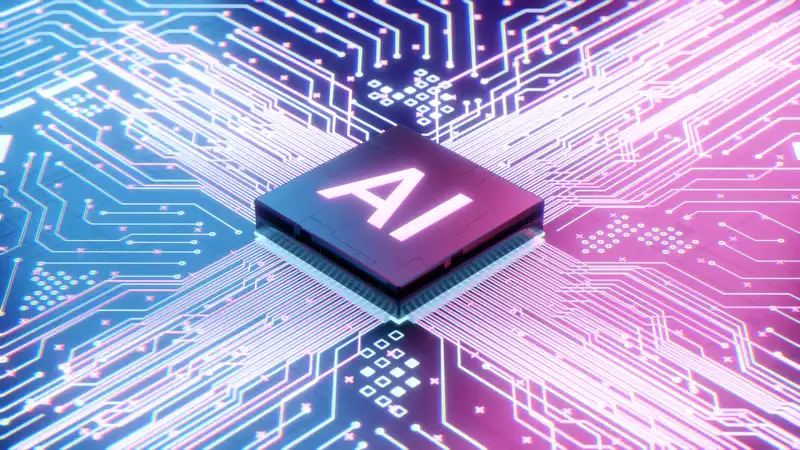Artists have filed a class action lawsuit in California against Stability AI, Midjourney, and DeviantArt, claiming that these companies are infringing their copyrights. The main cause of this problem is the use of copyrighted images in the vast catalogs of data used to train these companies' AI art generation tools, which are often used without the artists' consent or any form of compensation.
The artists are represented by the law firm of Joseph Savery (via Ars Technica (opens in new tab)), which points out that "Stable Diffusion and other image generation AI products could not exist without the work of painters, illustrators, photographers, sculptors, and other artists . would not exist."
"The creators of these image generators have violated the rights of at least thousands of artists in creating their various products, and while supporters of AI-generated images argue that the creation and use of these products is perfectly legal, no court has yet addressed this issue.
Indeed, AI art generation tools such as Stable Diffusion and Midjourney rely on vast data sets to train their algorithms on how to generate new images based on human input prompts. Without training, there is no way to know what an art style is, what an object is, or any of the other information know-how needed to do the job.
The problem is that these datasets are often made from copyrighted material. One company, LAION (opens in new tab), avoids copyright claims, claiming that their datasets are mere links to copyrighted material and not actual copies of images. That's right, LAION is merely scraping images and alt text from the web, but the companies using its data are analyzing large numbers of those images for their own purposes.
Getty Images also initiated legal proceedings this week against Stable Diffusion (open in new tab) for the use of copyrighted material in datasets derived from LAION.
But as the class action lawsuit points out, the problem is not just how these AIs are trained.
"DreamStudio and other image generation products charge users per 'generation,' but none of the revenue goes to the artists who created the original work of that generation. Even if the prompt is "Dragon in the style of Artist Doe," Artist Doe is not paid, nor are they even consulted or accounted for before these products are based on their work.
Shutterstock recently announced a partnership with OpenAI (opens in new tab), makers of DALL-E and ChatGPT, to create an AI art tool. The tool will allow users of the site to create AI images, but Shutterstock will also pay artists who contribute both training and image creation. Essentially, if an artist's artwork is used in any way by the AI tool, they will receive some form of compensation.
OpenEye's CEO is tight-lipped about the datasets the company uses, but stated at the time that "the data licensed from Shutterstock was essential to the training of 'DALL-E.'"
In other words, we all agree that human-generated art is important to AI image generators. So why don't artists feel justly compensated for their work?
You can prevent your images from being included in some datasets, but that does not undo the training that has already been done, nor does it mean that you are safe from future scraping. You would think the obvious answer would be that users would have to opt-in to participate in any dataset, but that is not the case with today's burgeoning datasets and AI tools. Stability AI is the next version of the AI tool (open in new tab) that will will allow users to opt out.
This will be an interesting trial. Nevertheless, Ars notes that parts of the class action complaint may not accurately reflect AI technology, and the lawsuit may ultimately lose support due to these inaccuracies.
Nevertheless, the litigation and legislative process regarding the use of AI has only just begun. The technology is gaining momentum by the day and is finding new uses in everything from Adobe applications to recommendation engines. I doubt that the law will be able to keep up with the pace at which AI is developing.
To read the full class action complaint, click here (opens in new tab) [PDF warning].
.

Comments